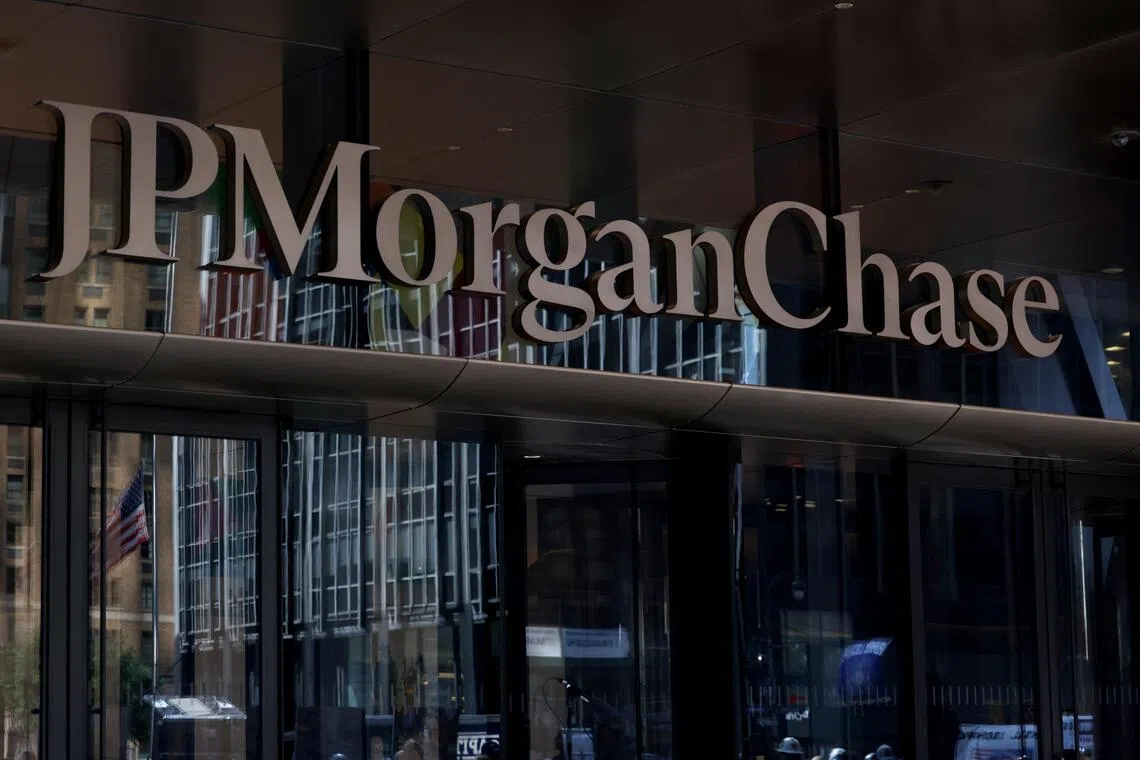JPMorgan sees end of ‘private-for-longer’ mantra for start-ups
Sign up now: Get ST's newsletters delivered to your inbox

JPMorgan said many of its start-up clients are considering the IPO process again.
PHOTO: REUTERS
Follow topic:
LONDON – After years of facing requests from start-ups to help them stay private for longer, JPMorgan Chase’s clients are starting to sing a different tune.
“A lot of these companies that said ‘private for longer, private for longer,’ are now saying ‘private for a little bit longer – let’s start thinking about that IPO process,’” JPMorgan’s Matt Gehl said in an interview with Bloomberg Television on Oct 7. “And maybe it’s not 2026, but it is probably going to be 2027 or 2028.”
Mr Gehl’s comments come after a trio of recent initial public offerings are giving London a chance to prove the market is still an attractive destination for listings.
Equity capital markets in the US are also humming, with companies and shareholders raising more than US$255 billion (S$330 billion) in the first nine months of 2025, the most in four years.
Mr Gehl, who leads the firm’s technology investment bankers across Europe, the Middle East and Africa, was speaking on the sidelines of the firm’s annual TechStars event in London.
Governments on both sides of the pond are looking to introduce policies to make it easier for companies to tap public markets. Chancellor of the Exchequer Rachel Reeves, who has been part of the British government’s broad charm offensive with prospective listing candidates to lure them to London, is expected to be among the speakers at the TechStars event.
In the US, Wall Street’s top regulator has pledged to fast-track President Donald Trump’s proposal to end quarterly reporting for most companies.
Mr Gehl said such a move would likely be more useful for those companies that are already public because it will allow them more freedom to invest over the longer term.
“All these things add up to reducing the burden to go public but none of them are a reason somebody’s going to go,” Mr Gehl said.
“So hopefully if we do make that change, that gives the public companies a little bit more of an opportunity to compete with some of the private companies.” BLOOMBERG

